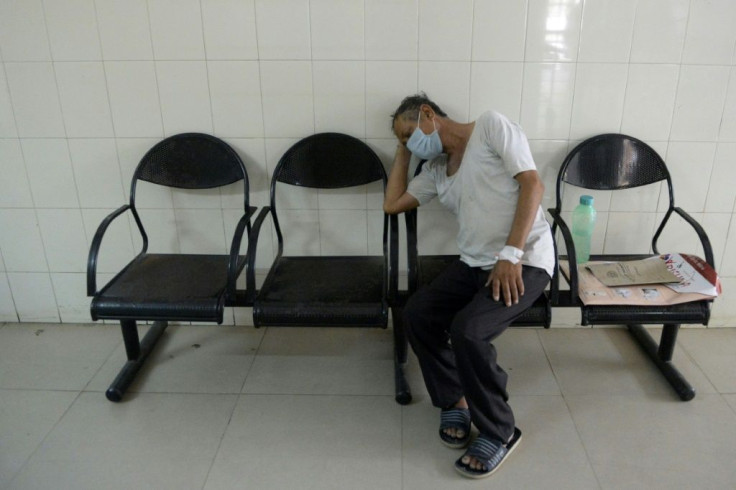'This Is Murder': Indian Hospital Records 31 Deaths, Including At Least 12 Newborn In 48 Hours

KEY POINTS
- Thirty one patients, including 16 infants and children, had died at the hospital between Sept. 30 and Oct. 2
- The hospital's dean denied allegations of medical negligence and said the patients had different ailments
- He also denied allegations of the hospital being short on staff and medicines
A hospital in the Indian state of Maharashtra is under scrutiny for allegations of medical negligence over the number of deaths that took place within 48 hours.
Reports on Tuesday said at least 31 patients, including 16 infants or children, had died between Sept. 30 and Oct. 2 in a government-run hospital in Maharashtra's Nanded district.
The news sparked a massive uproar in India, with politicians calling it "murder" due to negligence.
Hospital records on Oct. 1 revealed that the death count within 24 hours had reached 24, including the deaths of 12 newborns.
The hospital's dean, Dr Shyamrao Wakode, said these infants were between 0 to 3 days old and had a "very low weight."
The total number of deaths climbed to 31 by Oct. 2 after an additional seven patients, four of whom were children, passed away.
Around 71 patients in the hospital are currently in critical condition.
"In 24 hours, 24 deaths have been reported at Nanded government Hospital and Medical College (GMCH). Out of these 24 patients, 12 were infants who were referred here by some local private hospitals," Dr Dilip Mhaisekar, director, medical education and research, Maharashtra, told news agency PTI.
The hospital now remains in the shadow of allegations related to medical negligence and a shortage of staff and medicines. However, these claims were rejected by the hospital's dean, who said the patients were given proper care but did not respond to the treatment.
"They had different problems, like diabetes, liver failure, and kidney failure. Patients usually come here in serious condition," Wakode said as he spoke about some of the adult patients.
The newborn babies that passed away were "suffering from different ailments," he added.
"There was no shortage of medicines or doctors. Proper care was provided to the patients, but their bodies did not respond to the treatment, which caused deaths," he said.
Officials said a team has been set up to conduct a probe into the deaths, which triggered a massive political row in India, with a number of the country's politicians demanding a detailed investigation.
"This is shameful, please don't call them deaths, this is murder due to absolute negligence on the part of the unconstitutional state government," said one politician, Priyanka Chaturvedi.
© Copyright IBTimes 2025. All rights reserved.






















